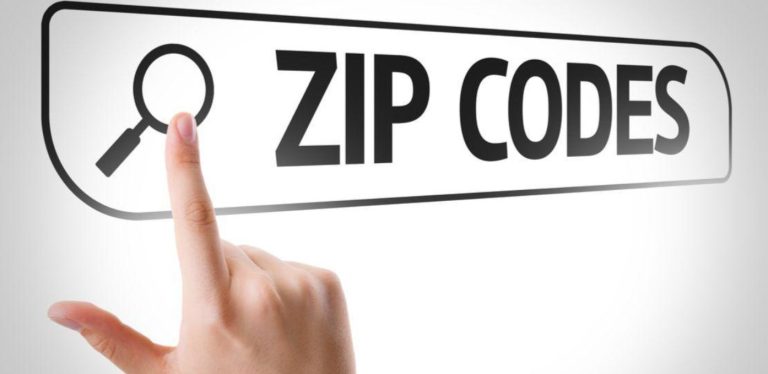Understanding and securing the right insurance coverage is a cornerstone of responsible business ownership. Two types of insurance that often cause confusion, but are essential for different reasons, are General Liability (GL) insurance and Workers’ Compensation (WC) insurance. This guide will delve into the specifics of each, highlighting their importance, what they cover, and why every business owner needs to understand their differences.
Contents
What is General Liability (GL) Insurance?
GL insurance is designed to protect your business from financial losses due to injuries or property damage caused to third parties (customers, vendors, etc.). It covers a wide range of scenarios, including:
- Bodily Injury: If someone gets hurt on your business premises or because of your operations, GL insurance can help cover medical expenses, legal fees, and potential settlements.
- Property Damage: If your business accidentally damages someone else’s property, GL insurance can help pay for repairs or replacement.
- Personal and Advertising Injury: This covers claims related to libel, slander, copyright infringement, and other forms of reputational harm.
Why is GL Insurance Important?
Even the most cautious businesses can face unexpected accidents. A customer could slip and fall in your store, a product you sell could malfunction and cause harm, or a disgruntled client could file a lawsuit alleging false advertising. GL insurance acts as a safety net, protecting your business from potentially devastating financial burdens.
What is Workers’ Compensation (WC) Insurance?
WC insurance, on the other hand, is designed to protect your employees. It provides benefits to workers who are injured or become ill due to their job. This coverage typically includes:
- Medical Expenses: WC insurance covers the cost of medical treatment, rehabilitation, and prescription medications related to the work-related injury or illness.
- Lost Wages: If an employee is unable to work due to their injury or illness, WC insurance can provide a portion of their lost wages.
- Disability Benefits: In cases of permanent disability, WC insurance can provide ongoing financial support.
- Death Benefits: If an employee dies due to a work-related incident, WC insurance can provide death benefits to their dependents.
Why is WC Insurance Important?
In most states, WC insurance is mandatory for businesses with employees. It not only protects your workers but also shields your business from potential lawsuits related to workplace injuries. By providing a safety net for employees, WC insurance can help maintain morale and productivity.
Key Differences Between GL and WC Insurance
| Feature | General Liability (GL) Insurance | Workers’ Compensation (WC) Insurance |
|---|---|---|
| Protects | Your business from third-party claims | Your employees from work-related injuries/illnesses |
| Covers | Bodily injury, property damage, personal/advertising injury | Medical expenses, lost wages, disability benefits, death benefits |
| Requirement | Often required by landlords or for certain contracts | Mandatory in most states for businesses with employees |
How to Choose the Right GL and WC Insurance
Choosing the right GL and WC insurance policies requires careful consideration of your business’s specific needs and risks. Here are some factors to keep in mind:
- Industry: Some industries are inherently riskier than others and may require higher coverage limits or specialized policies.
- Number of Employees: The number of employees you have will directly impact your WC insurance premiums.
- Location: Some states have higher WC insurance rates than others.
- Claims History: Your business’s claims history can affect your insurance premiums.
It’s always a good idea to consult with an insurance professional to get personalized advice and ensure you have the right coverage for your business.
The Bottom Line
GL and WC insurance are two critical components of a comprehensive business insurance plan. While they serve different purposes, both are essential for protecting your business and its most valuable assets: your employees and your reputation. By understanding the nuances of each type of insurance and carefully selecting the right policies, you can ensure that your business is well-prepared for whatever the future holds.






